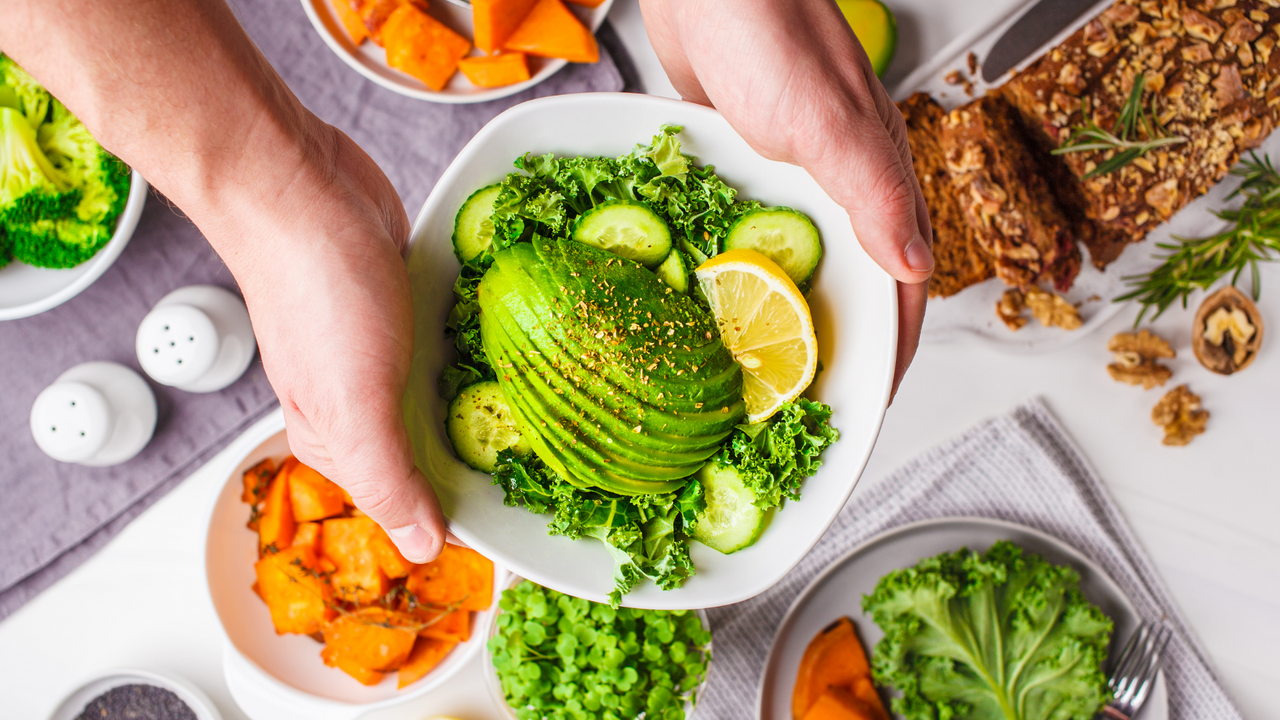7 Tips for Eating healthy on a budget
Sep 17, 2021
1) Pack your own lunch - The first step to cooking your own healthy
meals is to plan what you are going to eat for the week ahead - and stick to it. After shopping for groceries for the coming week, try preparing your
lunches in bulk. This sets you up for the whole week, with just one day of
cooking.
2) Buy frozen fruit and veg or freeze your fresh produce if you
don’t use it all - Keep an eye out for discounts on fresh produce at the
supermarket and stock up when there is a good deal. If you buy more
than you can use for the week, freeze the fruits or vegetables so they last
longer. For example, If you have bought too much of a vegetable such as
carrots, slightly steam them, let them cool and place in a ziplock bag and
freeze. Or consider buying frozen produce such as berries or broccoli.
Frozen produce is usually just as nutritious as its fresh counterparts, and
is available all year round. It also usually requires less preparation time
saving you on time and money!
3) Replace meat with other proteins - Eating less meat not just
helps you to save money, but is also good for your health. You do not
have to go full-on vegetarian. Try easing into a less meat-intensive diet by
supplementing your meals with other protein sources such as tofu, eggs
and legumes. Then, when you are ready, try replacing meat with these
alternative protein sources on one or two days of the week. These
alternative sources of protein are relatively cheap and equally nutritious.
They also have the added advantage of having a longer shelf life.
#meatfreemondays
4) Cook once : eat twice - To maximise your dollar, try cooking
enough for today and tomorrow. You’ll find that you tend to use fewer
ingredients, as you don’t need to prep each meal separately. Happy hack
- don’t cook more than you need for two days in a row. Often, people who
cook for the entire week tend not to stick to plan; and they ditch or waste
the stored food by the middle of the week. Long storage times impact the
quality of your meal. No matter how good your fridge is, your salads will
get mushier, your organic sweet potato fries will go limp, and chicken...
well never keep chicken for long periods (salmonella will bust your
budget).
5) Avoid buying superfoods - While it might be tempting, choosing
exotic superfoods such as acai and goji berries, or organic foods, can
quickly shoot up the price. "Healthy eating becomes more expensive
when people become fixated with new trends and fads," Alexandra Parker,
accredited practising dietitian from The Biting Truth, told Ladies Finance
Club "Fad foods and ingredients are often marketed with a superior price
tag and, more often than not, lack the scientific evidence to support any
health claims around them.
6) Compare prices and choose home brand products - Don't be
7) Buy in bulk - Try to stock up on foods you eat regularly when they
are on special. For example, tins of tuna or tubs of yoghurt. "Buy a large
tub of yoghurt and portion it out rather than buying individual sized tubs.
Another tip: instead of buying grated cheese, which is more expensive,
choose a block of cheese and grate it yourself.
Just like a healthy diet itself, the starting part is the hardest. What are
your eating healthy on a budget hacks?
afraid of buying home-brand foods, as well as cheaper cuts of meat to
make stews, to dramatically lower the total shopping cost. Compare the
prices per kilogram or unit price to determine the best value for money.
Generic brands such as home brand are usually the same quality and
provide the same nutritional benefits, but more affordable. "Some simple
swaps include: regular tomatoes instead of cherry tomatoes, swap eye
fillet for rump steak, and try frozen peas instead of snow peas.
make stews, to dramatically lower the total shopping cost. Compare the
prices per kilogram or unit price to determine the best value for money.
Generic brands such as home brand are usually the same quality and
provide the same nutritional benefits, but more affordable. "Some simple
swaps include: regular tomatoes instead of cherry tomatoes, swap eye
fillet for rump steak, and try frozen peas instead of snow peas.
7) Buy in bulk - Try to stock up on foods you eat regularly when they
are on special. For example, tins of tuna or tubs of yoghurt. "Buy a large
tub of yoghurt and portion it out rather than buying individual sized tubs.
Another tip: instead of buying grated cheese, which is more expensive,
choose a block of cheese and grate it yourself.
Just like a healthy diet itself, the starting part is the hardest. What are
your eating healthy on a budget hacks?



